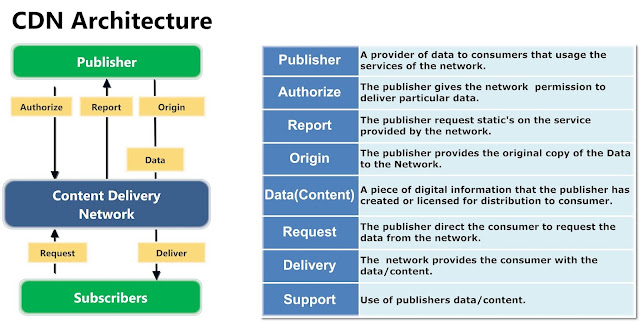Hybrid Vs Native App, Do you really need to upgrade to a cross-platform approach
Before we get started with the hybrid vs native mobile application, There is one aspect of mobile that you always should aware of. Mobile phones are very personal devices. If you are building an app for IOS or Android users without the same perspective it's not going to work.
As extend most mobile devices use one of the two dominant operating systems in the world. Google developed android which takes around 40 to 45 percent of all mobile market shares. On the other hand, Apple developed IOS which takes almost 41 percent of all mobile shares.
So these data are very important and very critical before you jump and start your application.
Native APP is smartphone application developed specifically for mobile operating systems. Think of swift for IOS and java for android, these are being developed in the mature ecosystem, Following the users and user guideline experience provided by the OS itself. Like swipe the gestures or the alignments for left, right or center for the android and IOS.
Offcource they offer fastest, most reliable, most responsive experiences to the users. The app is having a most consistent look and feel within the other native apps which are built in into devices.
A native application is having a significant advantage to being able, to easily access and utilize the built-in capabilities of the user device itself. Like for example: If you just want to say GPS, or maybe your address book, your camera in terms of other things.
On the other hand, if we talk about the hybrid application, These are at the core website package, wrapped into a native wrapper sometimes phone gaps or others. They look and feel like a native app, but ultimately outside the basic frame of the application, they are powered by the company’s website itself.
For example sites like Facebook or Netflix, it doesn’t make any sense to launch a native app platform or even to recompile there app for just one feature. It’s going to take a lot of time and its too heavy.
It really makes sense for them to get started with the hybrid application. Now, the hybrid app also uses the native functionality like camera or GPS, but via some third party plugging and a lot of code need to be enclosed with that. While in other hands for the native application it's pretty easy to use or utilize those functionalities.
Now, let’s talk about which one is right for you?
So, if you are a company and you are looking to get started with the App market. It's going to be good research. Like you are already dominant in the web like Facebook or Netflix and your content flow is like insane. For a fair conclusion having a native application would be a tough decision while having hybrid will suit you more.
On the other hand, if you just get started for the mobile market then take some time. Do some research. Like where the majority of the audience that you really want to hit is actually relaying.
Whether they are on Android or IOS? If we just talk about some random experience, In Indian market android is going to be the first choice for launching your app. If you are talking about target audience in us then its going to be IOS for sure.
If it's going to be the paid App, people will surely go for the IOS first without any doubt. If we really want to hit the market with the free team or free app, then surely we will go for the android.
If you are an individual trying to learn the mobile application development!
Then think a little bit, if we already having web-based skills, so we go with the hybrid app. But keep in mind that in pay scale point of view, native application developers are a little bit higher and at the top of the hybrid app developer. But if you don’t want to get into the mobile market, surely you go for the hybrid apps.
Having IOS environment would require a MAC operating system for sure, think a bit if you are having MAC availability or if you are willing to buy the OS.
The overall success of an App totally depends on the user's experiences. Just see how Facebook Amazon and many other platforms are reforming their self according to user experiences and needs.
An app which is not user-centric is totally a waste development. Understanding the phychology of targeted users is straightforward.
Hybrid Applications are great on the surface of cross-platform
- Can be extended to multiple platforms.
- A web developer can switch easily to hybrid development, switching resources are not required.
- No need to invest in API development as its handle via web.
Cross-platform development is booming nowadays. This approach leveraging companies to create one source code and fuel the development while extending to two dominant(IOS & Android) platforms.
It saves money and time. Maintaining a single source of code and implementing new features is quite easier than making changes in many different sources. Bug fixes and error finding is one shot job and its speed up the production.
Hybrid apps are distributed across the app stores like so many different apps, so its difficult for users to identify the immediate difference between Hybrid and Native App.




Comments
Post a Comment